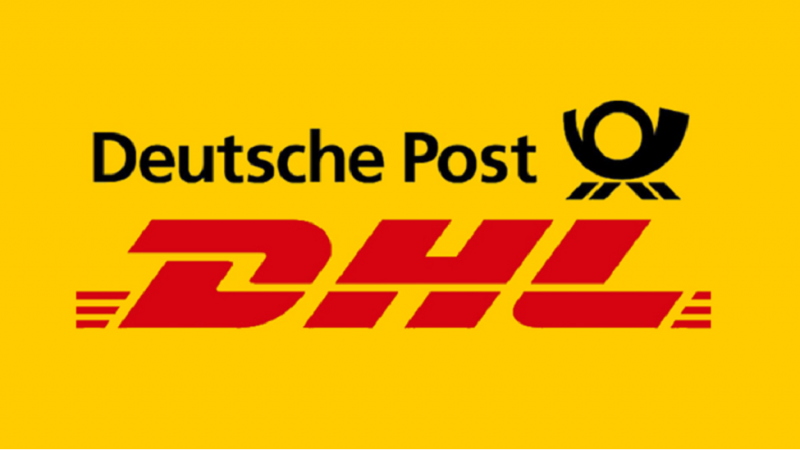DP DHL profits reach record levels with cargo & e-commerce being star performers
Air cargo and e-commerce were two of the star performers at Deutsche Post (DP) DHL last year as operating profits reached record levels.
The German parcels and logistics giant last year saw revenues increase by 5.5% year on year to €66.8bn, earnings before interest and tax (ebit) were up 17.4% to €4.8bn and net profit was up 13.6% to €3bn.
DP DHL said performance was primarily driven by the global e-commerce boom, which led to considerably higher shipment volumes in the parcel and express business.
Frank Appel, DP DHL group chief executive, said: “2020 was an exceptionally challenging year for Deutsche Post DHL Group. Our services were in demand more than ever. We not only posted record earnings, but also created 20,000 new jobs worldwide.
“This success didn’t come from nowhere. It is the result of years of hard work by our entire organization. We focused on our profitable core logistics businesses by consistently aligning our company towards e-commerce and investing in our logistics network and digitalization.
“This way we are strengthening our profitability and our resilience against global economic turbulence. Deutsche Post DHL Group is thus well positioned to continue growing profitably in the coming years.”
Looking at the performance of its forwarding division, total revenues for 2020 were up by 5.2% year on year to €15.9bn and ebit improved by 13.2% to €590m.
In airfreight, revenues for last year increased by 28.6% on 2019 levels to €6.1bn, gross profit improved by 17.2% to €1.1bn while volumes declined by 12.1% to 1.7m tons.
The company said improvements in air revenues and profits were driven by rate improvements as a result of capacity shortages.
“A central system for sourcing airfreight capacity and improvements in our global infrastructure contributed to the revenue increase,” the company it added.
“Over the course of the year, this division was faced with declining demand and a shortage of transport capacities in the market.
“This manifested itself initially in belly space cargo capacities on intercontinental passenger aircraft and additionally on certain ocean freight routes toward the end of the year. The massive reduction in capacity led to a corresponding price and margin trend in the competition for available transport capacity.
“The international network and the market leading position in air- and ocean-freight made freight transport possible in a tight market.”
In comparison, Kuehne+Nagel’s airfreight business saw revenues for the year increase by 11.6% year on year to SFr5.2bn, gross profits improved by 1.1% on 2019 to SFr1.3bn and earnings before interest and tax (ebit) was up by 53.5% to Sfr505m. K+N’s airfreight volumes for the year declined by 12.8% to 1.4m tons.
DSV’s airfreight division saw revenues in 2020 increase by 64.9% year on year to Dkk44.8bn, gross profits per ton reached Dkk8,075 against Dkk6,155 in 2019 and volumes increased by 18.8% to 1.3m tons – its performance distorted by the acquisition of Panalpina.
For the financial year 2021, the company anticipates a further “significant increase” in ebit to more than €5.6bn based on the assumption that e-commerce will continue to grow in the current year from a structurally higher starting point, while growth rates should normalize in the course of the year.
“World trade is also likely to recover further during 2021, leading to increased volumes in our global logistics activities. At the same time, intercontinental transport capacities are expected to remain limited due to the slow recovery of belly space cargo capacities in passenger aircraft,” it added.
For 2021 the company is forecasting gross capital expenditure of around €3.4bn, focusing on modernizing the aircraft fleet at Express and expanding the national and international parcel infrastructure to efficiently handle rising shipment volumes as well as on the continued digital transformation.










